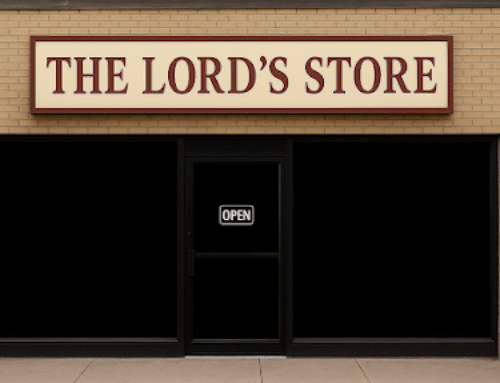Imagine someone you love approaching you, eyes wide with wonder, hands trembling with awe. In their arms is a vase—not just any vase, but one crafted by the very hands of the Creator. Every curve, color, and line has been shaped with divine care. They place it in your hands and say, “Please, this is precious to me. I trust you.” You accept it, you promise to honor that trust—but somehow, whether through negligence, weariness, or sheer accident, the unthinkable happens. The vase slips from your grasp and shatters on the ground. You reach out in horror, but it’s too late. No matter how carefully you gather the pieces or how painstakingly you glue them back together, the cracks remain. The vase can still be beautiful, still be useful—but it will never be exactly the same again.
What now? Forgiveness is the grace that allows us to begin again. Standing before the broken pieces, the owner of the vase sees the damage and, to your astonishment, speaks first: “I forgive you.” In God’s kingdom, forgiveness does not pretend the vase isn’t broken. It does not deny reality or erase memory. Instead, forgiveness declares, “I will not demand repayment. I will not let this offense define our story.” When relationships are broken, whether by betrayal, neglect, or deception, the shattering feels total. Many are tempted to sweep away the pieces, pretending the bond never existed. But God calls us to a higher way. As Paul writes in Colossians 3:13,
Bear with each other and forgive one another if any of you has a grievance against someone. Forgive as the Lord forgave you.
Be kind to one another, tenderhearted, forgiving one another, as God in Christ forgave you.
And then, there is trust. Trust, once broken, is not cheaply repaired. It must be rebuilt—carefully, tenderly, over time. Trust is like a seed planted in rocky soil; it must be watered with humility, nourished by consistency, and warmed by the sunlight of love. In the story of the vase, trust becomes a vessel mended with gold seams, like kintsugi (the ancient Japanese art of fixing broken pottery using a lacquer powdered with gold dust), where the scars are not hidden but honored. The break becomes part of the beauty, a testament to endurance and hope. As Proverbs 3:5-6 teaches us,
Trust in the Lord with all your heart, and do not lean on your own understanding. In all your ways acknowledge Him, and He will make straight your paths.
In the end, you and I are both vase-droppers and vase-givers. We are all, in some way, trusting fragile pieces of our hearts to each other. We will fail. We will be failed. Yet the Gospel calls us to an outrageous, countercultural response: forgive, reconcile, and trust—not blindly, but boldly, in the God who makes masterpieces from rubble. The vase may be broken. But grace is unbreakable. Will you dare to believe it?






